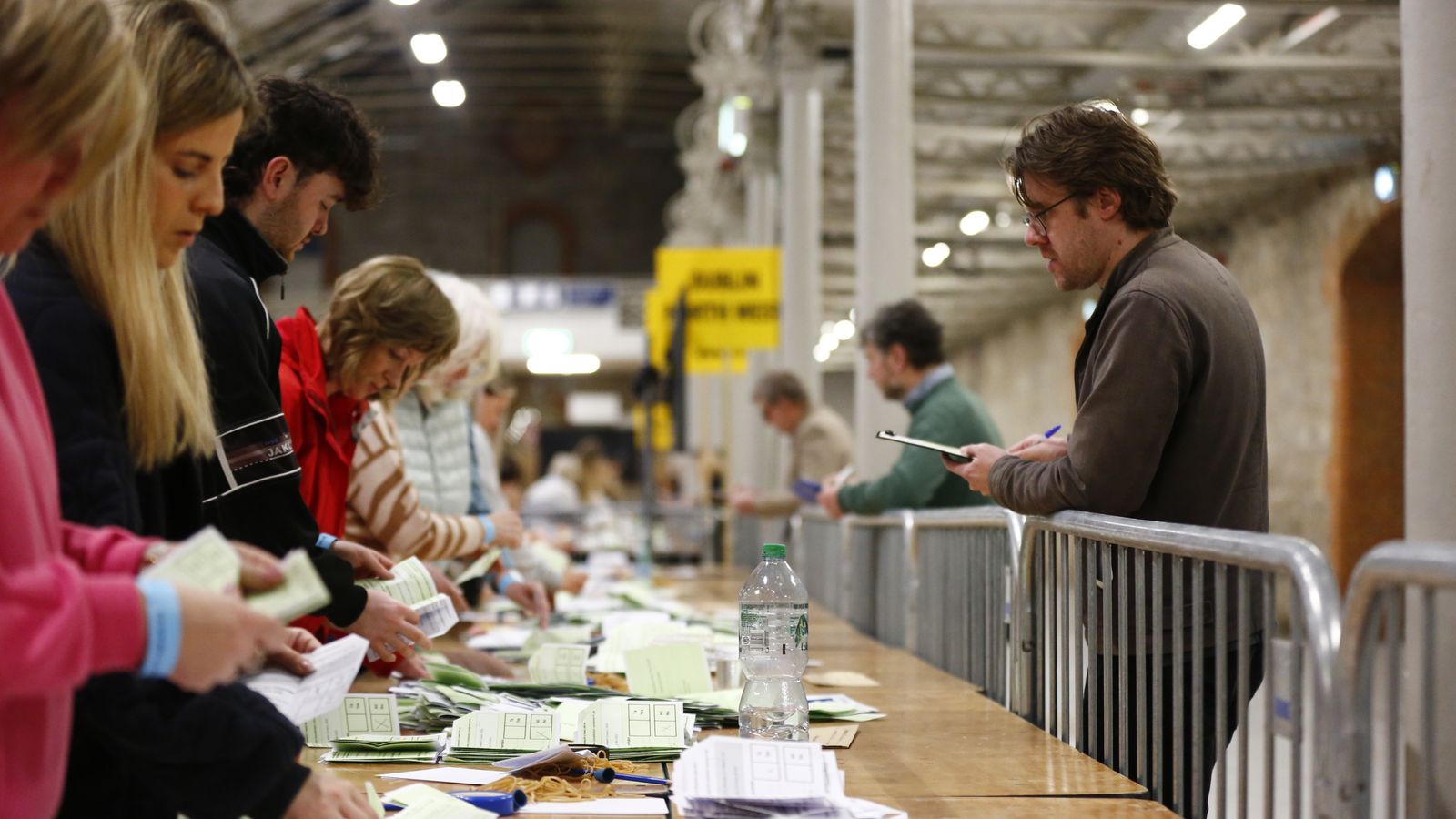World
Irish government defeated over referendums on family and women’s roles

The Irish government has been defeated in the twin referendums on changing the country’s constitution.
Prime Minister Leo Varadkar, who said he wanted to remove “very old-fashioned language” in his country’s constitution, admitted the amendments had been “defeated comprehensively on a respectable turnout”.
“It was our responsibility to convince the majority of people to vote ‘yes’ and we clearly failed to do so,” he said.
Official results, shortly after 7pm, showed 67.7% voting against the family amendment, which had proposed extending the meaning of “family” beyond marriage, instead including households based on “durable” relationships.
Just before 9.30pm, 73.9% rejected the care amendment, which proposed deleting references to the centrality of a woman’s “life within the home” and mothers’ “duties in the home” when providing care, replacing them with an article acknowledging the importance of family members in general, without defining them by gender.
Earlier, transport minister Eamon Ryan said the government “didn’t convince the public of the argument for a ‘yes, yes’ vote”.
Mr Ryan said: “You have to respect the voice of the people. It’s a complex issue, both are complex.
“I would have preferred a ‘yes, yes’ (but) I don’t accept that our campaign did go wrong.”
Changes to the constitution must be approved by Irish citizens through a national vote, which happened on Friday.
But turnout was just 44.36%, well down on the abortion referendum in 2018, which saw a turnout of 64%.
The Irish government campaigned for ‘yes’ votes to both amendments, saying the changes would get rid of sexist language, recognise family care and extend protection to more families.
Opinion polls had suggested support for the ‘yes’ side on both votes.
But commentators said the proposal to spread the burden of care for family members with disabilities to the entire family instead of just women became a row about the willingness and ability of the state to support carers.
Senator Michael McDowell, a former tanaiste (second-highest ranking member of the Irish government) and ex-justice minister, campaigned for a ‘no, no’ vote, describing the proposals as “unwise social experimentation” with the constitution.
He said: “I trust individual voters – they looked at what was being put before them and they said ‘no’.
“Many of them will have a slightly different perspective as to why they were voting ‘no’, but in the end we live in a republic and the sovereign power is the people and every individual vote is as good as anybody else’s vote and this is an emphatic repudiation of what I think was unwise social experimentation with the constitution.”
Sinn Fein, which is currently leading the polls ahead of the next general election, also supported a ‘yes, yes’ vote and blamed the government.
Party leader Mary Lou McDonald said: “If there is one big takeaway message from this, it is that support for people with disabilities as full and equal citizens and support for carers is something that has to be taken seriously by government.”









